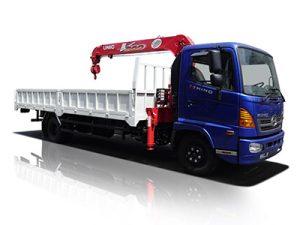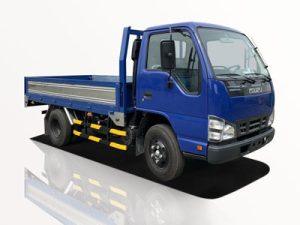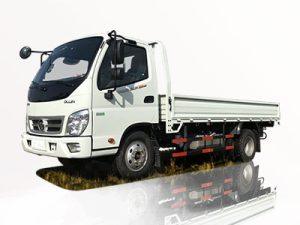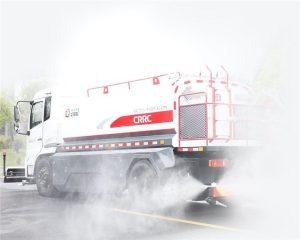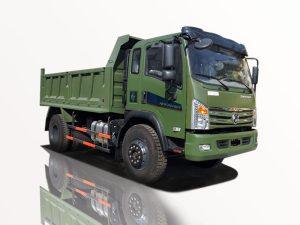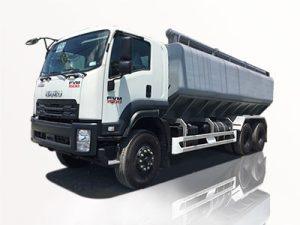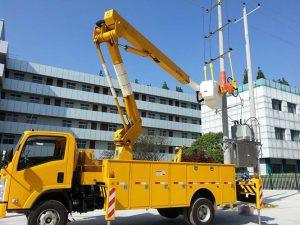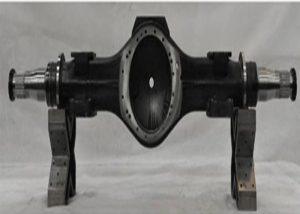Monday to Saturday - 8:00 -17:30
Buy Reefer Truck: Your Comprehensive Guide to Refrigerated Trucks
If you’re in the transportation business or looking to start one, investing in a reefer truck can be one of the best decisions you can make. Refrigerated trucks, commonly known as reefer trucks, are essential for transporting perishable goods. In this article, we will explore everything you need to know before buying a reefer truck, including models, features, cost considerations, maintenance, and much more.
Understanding Reefer Trucks
What is a Reefer Truck?
A reefer truck is a refrigerated vehicle designed to transport perishable goods, including food items, pharmaceuticals, and other temperature-sensitive products. Reefer trucks maintain a specific temperature range, ensuring that goods remain fresh throughout their journey.
Types of Reefer Trucks
| Type | Description | Best Suited For |
|---|---|---|
| Small Reefer Trucks | Compact and easy to maneuver, ideal for local deliveries. | Restaurants, local grocery deliveries. |
| Medium Reefer Trucks | Offers a balance between size and capacity, suitable for regional hauling. | Wholesale distributors, catering companies. |
| Large Reefer Trucks | Designed for long-haul transportation with larger cargo capacities. | Food manufacturers, large retailers. |
Why You Should Buy a Reefer Truck
Market Demand for Reefer Trucks
The demand for refrigerated transportation continues to grow, driven by the increasing need for fresh and frozen foods. With more consumers choosing convenience in their shopping, businesses are looking for ways to keep products fresh longer during transport.
Versatility in Usage
Reefer trucks are not limited to food transport. They are widely used for pharmaceuticals, flowers, and various other temperature-sensitive materials, making them a versatile addition to any fleet.
Key Features to Look for When Purchasing a Reefer Truck
Cooling System Performance
A reliable cooling system is critical for a reefer truck. Look for models with high-efficiency refrigeration units that maintain consistent temperatures, ensuring the quality of the goods transported.
Size and Payload Capacity
Determine the size you need based on the type of goods you will be transporting. Consider payload capacity, which is crucial for maximizing efficiency and profitability.
Fuel Efficiency
Fuel costs can significantly affect operational expenses. Choose a reefer truck that offers better fuel efficiency to keep costs down over time.
Durability and Build Quality
The build quality of the truck and refrigeration unit is essential for the longevity of the vehicle. Look for well-constructed options that can withstand harsh conditions.
Technology and Features
Modern reefer trucks come equipped with advanced technology, including temperature monitoring systems and GPS tracking, which enhance operational efficiency and safety.
Buying Process of a Reefer Truck
New vs. Used Reefer Trucks
Deciding between a new and a used reefer truck depends on budget and business needs. New trucks come with warranties and the latest technology, while used trucks can save you money but may require more maintenance.
Financing Options
Explore financing options available for purchasing a reefer truck. Banks, credit unions, and specialized truck financing companies can provide loans and leasing options tailored to your situation.
Where to Buy
There are various places to buy reefer trucks, including:
- Dealerships specializing in commercial vehicles
- Online marketplaces for used trucks
- Auction sites for potentially lower prices
Cost Considerations
Initial Purchase Price
The price of a reefer truck can vary based on size, brand, and features. On average, you can expect to spend anywhere from $25,000 to $100,000 or more.
Maintenance Costs
Routine maintenance is crucial to keep a reefer truck operating efficiently. Budget for regular checks and potential repairs, which could average around $1,000 to $3,000 annually.
Insurance Expenses
Obtaining insurance for a reefer truck is essential. Insurance costs can vary widely, so it’s wise to shop around to find the best rates and coverage options.
Maintaining Your Reefer Truck
Regular Checking of the Cooling System
Maintaining the cooling system is vital for preventing spoilage. Regularly check refrigeration units for performance and efficiency.
Routine Vehicle Maintenance
Conduct regular maintenance checks on the truck itself, including oil changes, tire inspections, and brake checks to ensure safety on the road.
Temperature Monitoring and Documentation
Always document temperatures during transport. This is particularly important for compliance and quality assurance in transporting sensitive goods.
Examples of Popular Reefer Truck Models
Freightliner M2 106
This model is known for its durability and excellent payload capacity, making it a popular choice among distributors.
Isuzu NPR-HD
The Isuzu NPR-HD offers excellent maneuverability and fuel efficiency, making it ideal for local deliveries.
Hino 268A
The Hino 268A provides a powerful engine and spacious cargo area, perfect for long-haul routes.
Frequently Asked Questions (FAQ)
What is the average lifespan of a reefer truck?
The average lifespan of a reefer truck is around 15 to 20 years, depending on maintenance and usage.
How often should I maintain my reefer truck?
It’s recommended to perform routine maintenance checks every 5,000 to 10,000 miles, along with seasonal inspections.
Can I lease a reefer truck instead of buying one?
Yes, leasing is a viable option and can help manage cash flow while still providing access to a refrigerated vehicle.
What are the signs that my reefer truck needs repairs?
Symptoms include unusual noises, inconsistent temperature readings, or visible damage to the cooling unit.
Is it necessary to have specialized training for operating a reefer truck?
While not always necessary, specialized training can help operators understand the complexities of refrigeration systems and improve overall efficiency.
How do I choose the right size reefer truck for my business?
Consider your typical load sizes, types of goods, and delivery range when determining the appropriate truck size for your needs.


